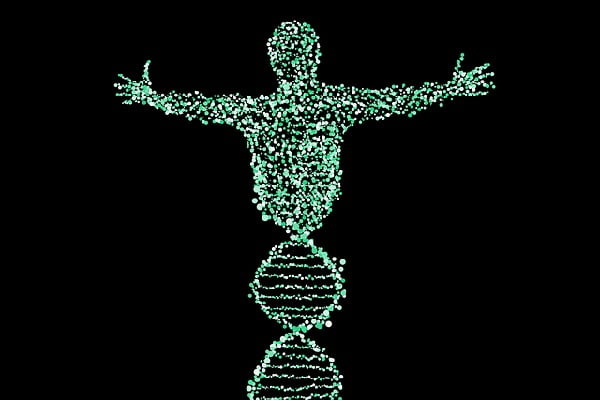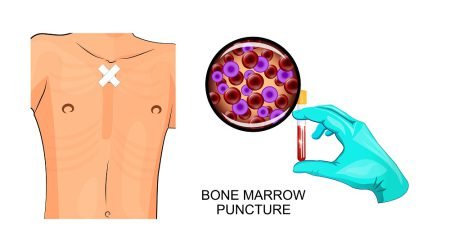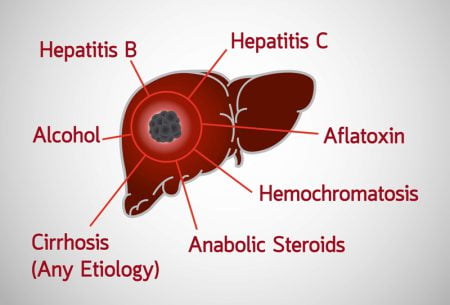Castleman’s Disease: Cause and Genetics
- Updated on: Jun 27, 2024
- 2 min Read
- Published on Feb 12, 2019


What causes Castleman’s disease?
Castleman’s Disease (CD) is considered as a group of rare hyperinflammatory disorders which lead to enlargement of lymph nodes and result in multiple organ systems dys-functioning. If CD occurs in a single lymph node, it is referred to as unicentric CD and if it is diagnosed in multiple lymph nodes, it is known as multicentric CD. Read about types of Castleman’s Disease.
The exact cause of Castleman disease is still unknown. But scientists related this disease to malfunctioning of the immune system. Castleman’s disease relates to an overgrowth of lymphocytes (B-cells and plasma cells), called the immune cells, due to some unknown factors. It is thought to develop because of a weak immune system. People suffering from Castleman’s disease are at high risk of getting from viral infections or diseases.
Scientists often associate human herpesvirus 8 (HHV-8) infections with multicentric Castleman’s disease (MCD). However, HHV-8 is not found in all multicentric Castleman disease cases. The HHV-8 virus is often linked to the development of Kaposi’s sarcoma (formation of cancerous tumor in blood vessel walls), also referred to as Kaposi sarcoma herpesvirus (KSHV). Human herpesvirus 8 is found in the lymph nodes of people with multicentric Castleman disease and also, in about all people who are HIV diagnosed. Kaposi’s sarcoma is often counted as one of the complications of HIV or AIDs.
In multicentric Castleman’s disease, excess production of a protein called interleukin-6 (IL-6) causes the lymphocytes to grow and divide in abundance. The multicentric CD is more common in men than in women.
It is observed that unicentric Castleman disease (UCD) is not much associated with any particular virus. Some researchers believe that acquired genetic mutations are the main cause of UCD while others suggest that it is not linked to any inherited factor.
Genetics of Castleman’s disease
More than 200 new cases of Castleman’s disease are diagnosed in the United States every year but the cause of this disease is still unknown. Some researchers suggest that either it occurs due to some form of viral infection or is inherited. The chances of this condition being inherited are extremely low.
Although the exact underlying cause of Castleman’s disease is unknown, it is often associated with HIV or AIDs and can lead to non-Hodgkin’s lymphoma. In most cases, it was found that Castleman’s disease occurs sporadically in people with no family history of the condition.












